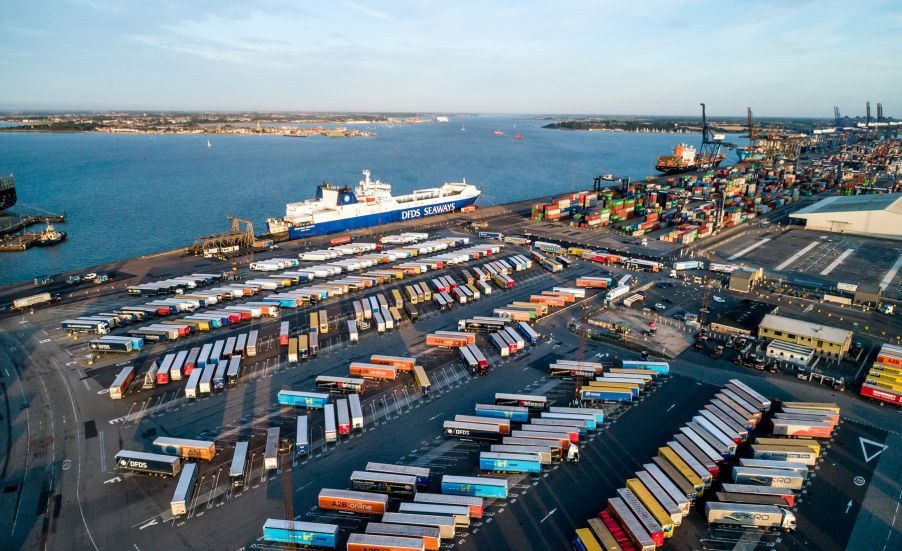AHCT GROUP NEWS
Supply chains are likely to continue to face the threat of disruption over the next decade.

As anyone who has been involved in the supply chain industry can attest, supply chains are always subject to disruption. Natural disasters, terrorism, economic cycles and capacity shortages have created challenges since trade began.
Since the end of the Cold War, global supply chains have benefited from peaceful trade between developed and developing countries. Many poorer and less developed countries formerly ruled by communist or authoritarian regimes took advantage of new markets in developed countries and used global trade to move from subsistence to prosperous economies. Some of these countries developed into capitalism and democracies, while other governments used the free market system for the benefit of only those already in power and became rich and powerful enough to threaten the system that enabled them to ascend.
As the cost of producing these products continues to rise, future product buffer stocks are much less likely. Cheap labor provided by large numbers of young people is largely a thing of the past. This will make it more expensive for companies to produce buffer stocks, and supply chains are less likely to have the capacity to absorb short-term shocks inherent in complex global networks.
A supply chain market intelligence system is a category of data that monitors supply and demand developments and is critical for supply chain professionals trying to navigate an increasingly complex and opaque market. Materials and product supply are no longer guaranteed, so the need for constantly updated data models that track the balance of supply and demand is critical to a company's success.
By Craig Fuller, CEO at FreightWaves via Zerohedge.com










